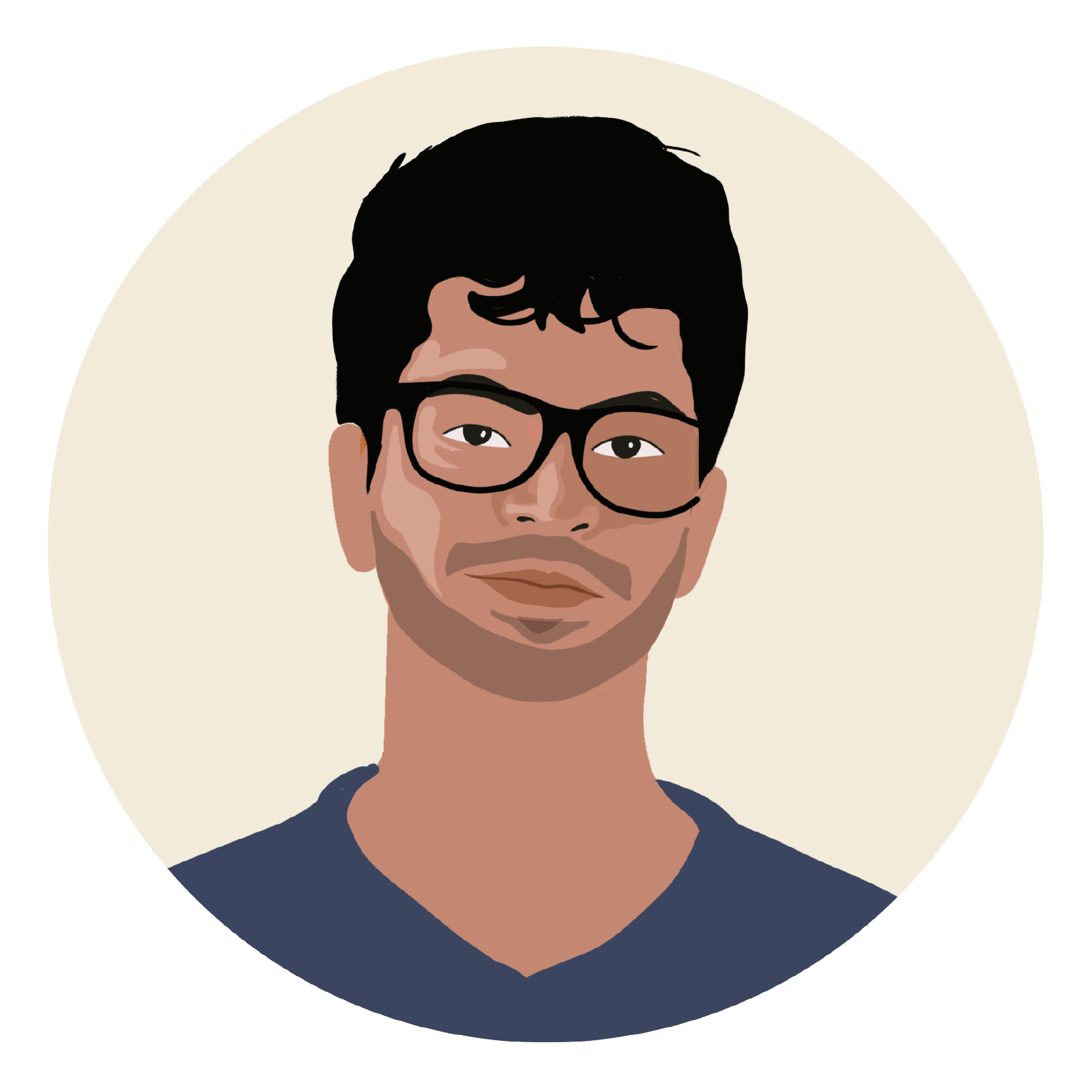That’s Eleanor Farjeorn’s Argus and Ulysses, a poem I read in school when I was about seven. When I got back home that evening, I told my mum all about it—how sad it was, how much Argus must’ve missed his master, how loyal he was. This, apparently, I did with tears in my eyes. And then I ran over to my canine friend to hug him.
I don’t remember much of life before having a dog. I’ve grown up with them in the house—a labrador, a dalmatian, now a half-Rottweiler (not that breeds matter). And so it isn’t surprising that the idea of Argus waiting twenty years had such an impact on me at the time. When you’re six or seven, you haven’t (or at least I hadn’t) thought of those questions yet. You know, the ones that carve up a pit in your gut every now and then—questions of the world and one’s place in it, questions of fairness and existence. Then comes the idea of Argus—you could wait twenty years for your master to come back, each day as hopeful as the next, until black hairs turn white and joints creak under the pressure of time. Argus, at the very least, found closure after twenty years; others, like Hachiko (who waited each day at a train station in Tokyo until his death) not so much. But I shouldn’t stray too far from Ithaca.
Back to those questions—why? Why does the world (not God, I was raised by an atheist and an agnostic) allow for that? And Ulysses, well, he never got to tell Argus he’d take twenty years. How’s that fair to either of them? How is it that you can cut through someone so cruelly without it even being you who did so? Needless to say it was a bit much for a seven year old.
Argus was, in a sense, my first taste of being an adult. And that only made my affection towards my dogs stronger. On the one hand, I wanted to make sure I never hurt them like Odysseus; on the other hand, I found their unconditional love a reliable ward against the angst of growing up. So it remained for the rest of my time at home. I’d leave the house saying bye to them, and return from school to greet them first. And during the years where classrooms and corridors felt like the war fields of Troy—and school buses battleships—that made all the difference. Nothing like a dog’s love to get you through shaky times.
When I left for university, I said my goodbyes. Domino had already passed away by then; Carbon would pass away around the start of my second year of college. I missed them, as I still do. Plus, college was the first time in twelve years I wouldn’t come back home every day to wagging tails. So, given all the longing, you’d imagine that I’d befriend any dogs I could find around my campus. Yet somehow I never grew close to most of the strays that hung around outside college. There’s one dog I used to be very fond of, and there was a puppy I once rescued, but that’s about it. The others were around, I always saw them, and I’d play with them on occasion—but there was never any significant emotional investment.
That was how it was when, back in the middle of 2018, I joined a couple friends for a post-dinner smoke outside college. They smoked, I hung around, and we all lazily spoke about nothing. A calm breeze swept us into a lull, and as we turned our heads to the empty street, we saw that a bunch of the strays were just as happy doing nothing. They yawned, they stretched, they curled up, they slept; the road’s coarse asphalt almost looked comfortable. Then came headlights, the screech of rubber, a bump, and a sharp yelp. The car sped off; we rushed over to see what had happened. She lay there, blood flowing out of her black ears, gasping and heaving. Her eyes were open, but didn’t move—her only movement came in the form of those sharp contractions, over and over. I stood over her, and watched with pity. You poor thing. But my hand never went over to stroke her fur as she continued gasping for life. I only watched.
We made phone calls, and soon enough the ones that regularly fed the strays arrived at the scene. There was one girl who was particularly close to this dog; she called her Y⸺. She held Y⸺ in her arms, calming her until it was all over. And once the girl was done crying, it was time to bury Y⸺. Only the yellows and whites of streetlights and cellphones broke the darkness of the night, and I found myself holding a rusty shovel. As I plunged the thing into the soil, emotion sprung forth. Suddenly it mattered; suddenly it wasn’t just the life of a stray dog.
She was buried, I was covered in sweat and dirt, and my muscles ached. It felt good though, almost as if I deserved those cramping shoulder muscles. Because there was guilt—who was I to be safe from that suffering? And who was I to be so detached? Ulysses shed a tear; I only dirtied a linen shirt. And yet things went on. I moved on, as did Y⸺’s pack and the world at large. Memories fade, questions lower their volume, and reason deals with the rest.
But that’s not to say I never think of that night. Sometimes the memory creeps up when I’m with strays, or even just on that road. And every once in a while, when guards of reason lower slightly, I just wish I comforted her as I would my own dog.

Gaurav Kamath is a staff writer at ALMA MAG. He hopes his degree in philosophy will get him more than a job at McDonald’s, but that is still a working hypothesis.


